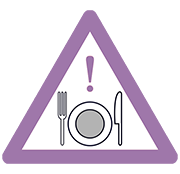
7, Embassy Center,
Ground Floor,
Nariman Point,
Mumbai - 400 021
Tel: (+91) 8657991198
Email: Ishitaa.thenutritionproject@gmail.com
Copyright 2020 @ thenutritionprojectpage.com | All rights reserved | Site by ICPL